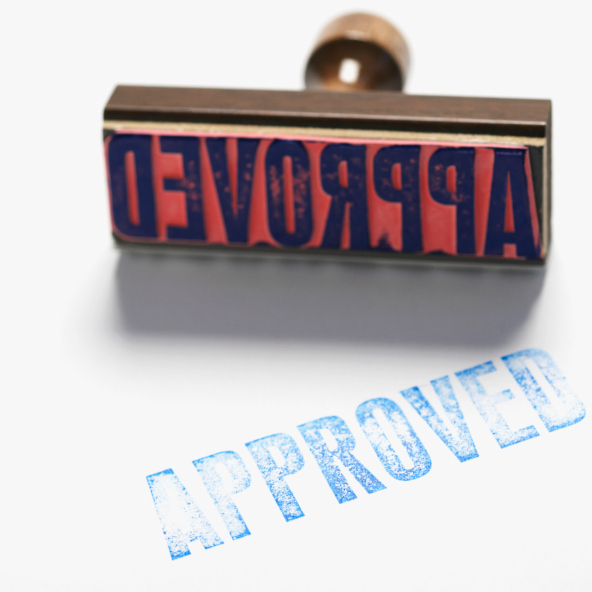Have You Been Denied for a Mortgage? Here Are 3 Reasons Why You’ll Want to Keep Trying
 If you’re in the market for a new home, you’ll most likely need a mortgage in order to afford it. But for some home buyers, getting a mortgage isn’t easy. Banks and other lenders are often hesitant to lend money to certain consumers, often for good reason.
If you’re in the market for a new home, you’ll most likely need a mortgage in order to afford it. But for some home buyers, getting a mortgage isn’t easy. Banks and other lenders are often hesitant to lend money to certain consumers, often for good reason.
But sometimes, lenders’ reasons for declining you aren’t entirely valid. That’s why, if you’ve been denied for a mortgage, you’ll want to keep trying to get mortgage funds. Here are three factors that can influence the likelihood of approval on the second try.
A Second Appraisal Might Change Your Circumstances
Sometimes, a mortgage lender will deny a loan because the property value of the home in question isn’t large enough to back the loan. If your mortgage lender declines you because of a poor loan-to-value ratio, getting a second appraisal could help. A lot of appraisal companies will give wildly different appraisals on the same property, with some brokers reporting valuation differences of up to $1.3 million.
Bear in mind that you cannot get two appraisals through the same lender, so if you choose to have the home appraised a second time, you’ll need to find a new lender.
Cleaning Up Your Credit Report Can Work Wonders
What’s on your credit report will have a large role in determining whether or not you get the mortgage you want. If you’ve been denied because of entries on your credit report, you’ll want to take every step possible to correct those report issues. If you’ve been more than 30 days late on a payment in the past, it will show on your credit report and affect your score – but by calling your creditor and asking them to remove the negative, you can bring your credit report back into good standing.
You’ll also want to pay off any and all past due balances as soon as possible. If you can’t pay what you owe in full, you’ll want to negotiate with your creditor to pay part of the amount. This will result in the debt showing on your credit report as “paid as agreed”, which will boost your credit score.
An Extra Down Payment May Be A Good Idea
affect your scoreOftentimes, a lender will decline a borrower if the borrower is asking for too much money. If you’re pursuing a mortgage worth more than 95% of the property value, you’ll probably be declined. But if you make an extra down payment, you can lower your loan amount – which may incline your lender to approve your application.
If you’ve been declined for a mortgage, don’t give up. There are steps you can take to get approved. Call your local mortgage professional for more advice on mortgage applications.

 If you’re in the market for a new mortgage, using an online mortgage calculator is a great way to determine what kind of terms you can expect to see and how they’ll affect your home purchase. Visualizing what a 3.9% interest rate looks like can be difficult, which is why a mortgage calculator is so useful – it shows you exactly what a certain mortgage will do to your finances. Here are just a few ways that you can use an online mortgage calculator to learn more about your mortgage needs and find the mortgage that is best for you.
If you’re in the market for a new mortgage, using an online mortgage calculator is a great way to determine what kind of terms you can expect to see and how they’ll affect your home purchase. Visualizing what a 3.9% interest rate looks like can be difficult, which is why a mortgage calculator is so useful – it shows you exactly what a certain mortgage will do to your finances. Here are just a few ways that you can use an online mortgage calculator to learn more about your mortgage needs and find the mortgage that is best for you. The mortgage process is a long and complicated one, with a number of similar-sounding terms that can easily confuse first-time homebuyers. A pre-approval is not the same thing as a pre-qualification, and it’s important to understand everything that goes into a pre-approval. Being declined during the pre-approval process means you’ll have a hard time getting the funds you need to buy your home, so it’s important that you know what the process is going to look like before going into it.
The mortgage process is a long and complicated one, with a number of similar-sounding terms that can easily confuse first-time homebuyers. A pre-approval is not the same thing as a pre-qualification, and it’s important to understand everything that goes into a pre-approval. Being declined during the pre-approval process means you’ll have a hard time getting the funds you need to buy your home, so it’s important that you know what the process is going to look like before going into it.